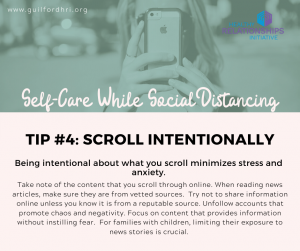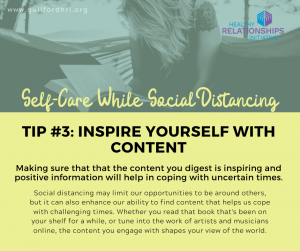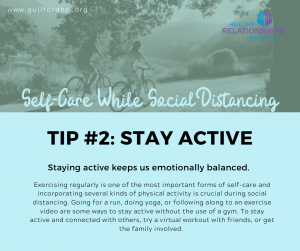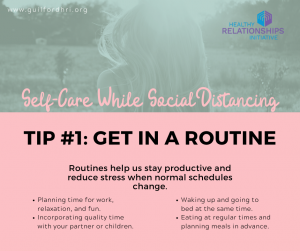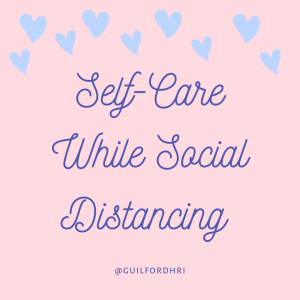
Homeschooling Tips for Families with Special Needs
Camila Dos Santos, M.Ed., Program Coordinator of the Healthy Relationships Initiative
The coronavirus pandemic has left families juggling a number of priorities, including many parents who are now homeschooling their children. Parents of children with special needs may find themselves overwhelmed, while their children may struggle to adapt to their changing schedules. This situation is a learning experience for everyone, and families with special needs may benefit from trying the following tips.
Read books of interest to your child and ask creative questions to spark engaging discussions. Use this time as an opportunity to make reading fun for your child. Oftentimes, students do not get to choose the books they read at school, as many are assigned based on their reading level or on topics being addressed in the curriculum. Ask your child what books they would like to read and read them together. Doing this every day is a worthwhile and educational activity, whether your child reads to you or you read to them. Ask questions throughout the story, such as “what do you think will happen next?” or “How do you think the character felt when that happened?” These questions will help spark engaging discussions and get your child excited about reading. Reading with your child is a great way to connect with them, while also serving as a calming activity if your child becomes stressed or anxious at home.
Set up a routine that is similar to their daily classroom routine. We are all struggling to adjust to our schedule changes as a result of the coronavirus pandemic, and children with special needs may need more support to adapt to changes. By setting up a routine that is similar to their daily classroom routine, you can help your child adapt to the at-home routine, while setting clear expectations for learning. Incorporate all aspects of the day, including academic time, play and rest, and eating times to help minimize negative behaviors and help your child know what to expect from each day. For additional guidance on helping children adjust to changed routines, the Autism Society developed a handy toolkit for parents.
Use visual guides to help your child adapt to their new normal. Children with special needs benefit from hearing and seeing information in different ways. By using images and words to illustrate different parts of the day, you will help your child anticipate changes in their day. This can help minimize disruptive behaviors and keep your homeschooling environment calm and productive. Visual guides can also come in handy for setting other expectations, such when to do chores or how much screen time they’ll have that day. Placing visual schedules in a place where they are visible to the entire family will help maintain consistency and keep everyone on the same page.
Incorporating these strategies into your at-home learning routine will help your child adjust to their new schedule, minimize negative behaviors, and enhance connection and bonding amongst the entire family.





